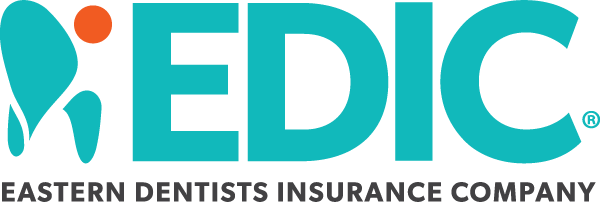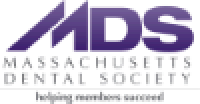Your first year out you’ll probably be stumbling to figure out how to get through a workday and not being overwhelmed with the procedures on your schedule. The good news is, many of my new grad friends as well as myself have gotten past this hurdle and now we’re heading towards the next one. If you are being paid a percentage of collections or production, as most associates are, the next hurdle is to determine how your paycheck is calculated. And while it may seem pretty straight forward, it is more difficult than you think.

Whether you’re a salaried employee or working for some percentage of collections or production, it is important to be aware of what you produce for your office and how much of that you and your office actually collects. Unfortunately, this requires expanding your knowledge into the wonderful world of insurance. Sitting down with my office manager for just a few minutes to go over my gross receipts proves having staff that can understand the in’s and out’s of dental insurance is essential to a successful practice. I’m fairly convinced that dental insurance is more difficult to understand than actual dentistry.
Over the past year, I’ve been able to piece together all the insurance jargon, whether it’s “negotiated fee” or “predetermination”, or the one that always gets me “estimation of benefits”. Understanding these terms helps you better understand how you get paid. And if you’re like me, the new dentist salary requires strict budgeting and the ability to make projections for the future.
One important aspect of understanding how you’re paid is understanding how your practice runs its’ collection and production reports that are used to determine your payroll. Some practice management software makes this easy, while others may require a few tutorials from your office manager. One report that is great to use is your “day sheet”. Generally, this report will show what your daily production was, what cash payments were collected, and what insurance payments were sent out. For me at least, running various reports either daily, weekly, or monthly, help give me a sense of how I need to budget for that month.
If I haven’t convinced you yet how important it is to know where your paycheck comes from, let me make one last plea. In talking with various colleagues years ahead in their practice, I can safely say that we almost all agreed that at some point you will NOT be paid properly for your work. And even worse is that these errors in payroll will happen almost all, if not every pay period. The fact of the matter is that you have to be responsible for checking to make sure that your office manager hasn’t missed anything when doing payroll. Especially in a small private practice where one person is in charge of this huge task, double-checking their work will help to make sure you are getting what you deserve.
Hopefully, this acts as a good heads up for you new grads. And if you’re a new dentist like me that has any words of wisdom on this topic, please share below!

